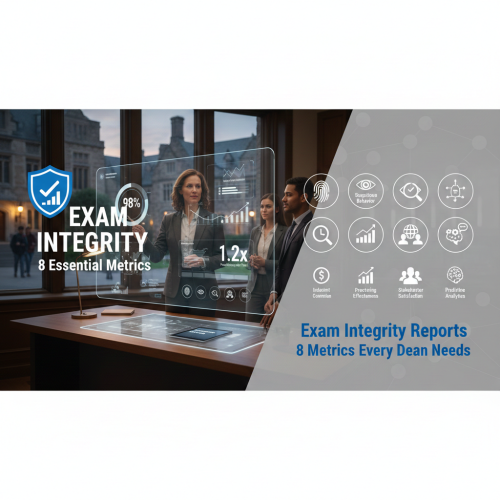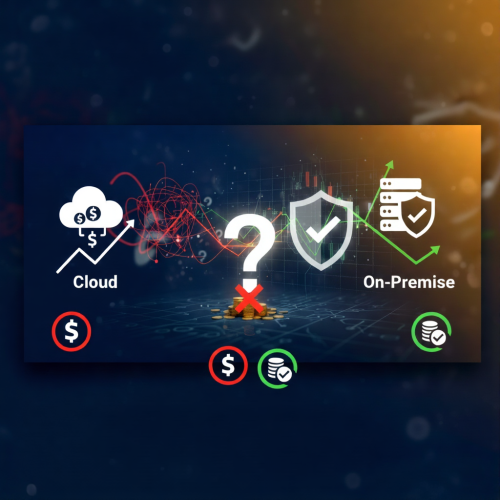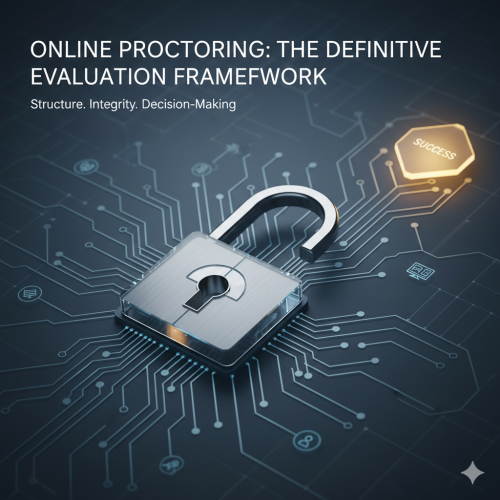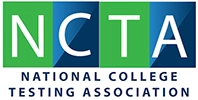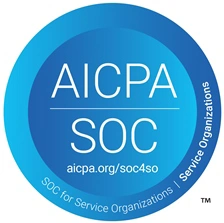A recent study from the University of Reading reveals startling insights about the capabilities of AI and its potential misuse. Researchers submitted entirely AI-generated answers to exams across five undergraduate psychology modules and found that a staggering "94% of AI submissions were undetected" by experienced academic markers. Even more alarming, "the grades awarded to our AI submissions were on average half a grade boundary higher than that achieved by real students".
These findings have profound implications for pre-hire assessments, where the accurate evaluation of candidates' skills and knowledge is critical for making informed hiring decisions. If AI can successfully infiltrate university exams, it stands to reason that pre-hire assessments are equally vulnerable, especially given the increasing accessibility and sophistication of AI tools like ChatGPT.
The Challenge of Candidate Authenticity
The study's findings demonstrate that relying on human judgment alone to detect AI-generated content is unreliable. Even trained professionals accustomed to evaluating student work were unable to consistently identify the hallmarks of AI-generated text. The study's authors concluded that "Overall, our 6% detection rate likely overestimates our ability to detect real-world use of AI to cheat in exams".
Furthermore, the study highlights the limitations of AI detection software, which often struggles with accuracy and can produce high rates of false positives. As the authors note, "There is also evidence that AI detection tools can exhibit bias against non-native English writers, classifying them more frequently as AI compared to native English writers".
Are You Hiring a Candidate or Their Software?
With AI tools becoming so widely available, the line between human capability and AI-generated output is becoming increasingly blurred. The University of Reading study dramatically underscores this point, revealing that AI-generated exam answers can not only go undetected but even outperform the work of real students. This raises a critical question for employers: when evaluating candidates through pre-hire assessments, are you assessing the individual's skills and knowledge or their ability to leverage AI?
Several factors may contribute to this dilemma:
- The Rise of the AI-Enabled Candidate: As AI tools become more sophisticated and widely available, a growing number of candidates are utilizing them during the recruitment process. This includes using AI to generate resumes, cover letters, and even answers to assessment questions.
- The Undetectability of AI-Generated Content: The University of Reading study found that even experienced academic markers were largely unable to distinguish between human-written and AI-generated exam answers. This suggests that relying on human judgment alone to detect AI use in pre-hire assessments is insufficient.
- Limitations of AI Detection Software: While AI detection tools exist, they are often unreliable, producing false positives and exhibiting bias against certain groups of candidates.
These factors combined create a situation where employers may unknowingly be hiring candidates based on the capabilities of their AI software rather than their own skills and knowledge.
To mitigate these risks, employers need to implement strategies that validate the authenticity of candidate responses and ensure that assessments accurately measure the individual's abilities, not their AI proficiency.
The Solution: Remote Proctoring for Assessment Validation

In light of these challenges, using remote proctoring for pre-hire assessments delivered online becomes not just a desirable practice, but a necessary one. By employing a combination of technology and human oversight, remote proctoring can effectively mitigate the risks posed by AI-enabled candidates.
Remote proctoring solutions offer a multi-pronged approach to ensuring the integrity of pre-hire assessments:
- Identity Verification: Using proctoring solutions to verify the candidate's identity during the check-in process helps to prevent a critical issue for online assessments regardless of whether the test taker uses AI. This prevents candidates from having someone else take the assessment for them and misrepresenting the candidate's true skillset.
- Blocking External Resources: Remote proctoring technology (whether automated or monitored in real time) is capable of blocking access to tools like ChatGPT and other prohibited resources, flagging suspicious activities such as leaving the testing environment, accessing unauthorized websites or materials, or having someone else to sit in for the exam.
- Live Proctoring: For high-stakes assessments, live proctors can observe the candidate in real-time, intervening if any misconduct is detected. This provides an added layer of security and allows for immediate intervention in case of any questionable behavior.
Delivering Value to Employers
By incorporating remote proctoring into their pre-hire assessment process, employers can reap significant benefits, including:
- Validated Assessment Results: Proctoring ensures that the results of the assessments accurately reflect the candidate's abilities, not their proficiency with AI tools, leading to more informed hiring decisions.
- Reduced Risk of Bad Hires: By weeding out candidates who attempt to gain an unfair advantage through AI, employers can significantly reduce the likelihood of making bad hires, saving time and resources in the long run.
- Lower Employee Turnover: Hiring the right candidates from the start contributes to lower employee turnover, fostering a more stable and productive work environment.
- Enhanced Employer Brand: Demonstrating a commitment to fair and rigorous assessment practices enhances an employer's brand, attracting and retaining top talent.
The University of Reading study serves as a stark reminder that the threat of AI infiltration in assessments is real and growing. As AI technology continues to advance, so too will the methods used to manipulate assessments. Employers who fail to adapt their hiring practices risk making decisions based on false information, ultimately jeopardizing their organization's success. By embracing remote proctoring, employers can effectively counter this threat and ensure that their pre-hire assessments remain reliable indicators of candidate potential.

